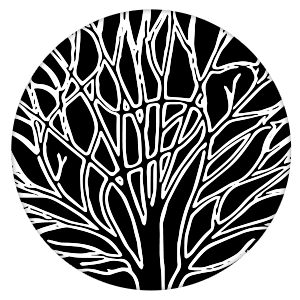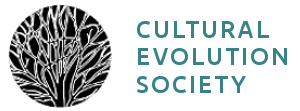Animal Cultures: Core Discoveries and New Horizons
Lecture 2: Social learning processes – How do animals learn from others?
Alex Thornton, University of Exeter, UK
Social learning occurs throughout the animal kingdom, but the means through which individuals can learn from others are diverse. In this lecture I will introduce some of the different processes through which social learning can occur, with examples covering a range of different species. In the great majority of cases, social learning is inadvertent – that is, individuals learn from others who are going about their daily business. However, I will also consider examples of teaching, whereby knowledgeable individuals modify their behaviour to promote learning in others. I will end the lecture by considering the importance of social learning processes in shaping the behaviour of both individuals and groups.
Alex Thornton
Lecture slides (pdf)
Core (testable) readings
Hoppitt, W. and Laland, K.N., 2008. Social processes influencing learning in animals: a review of the evidence. Advances in the Study of Behavior, 38, pp.105-165
A comprehensive review of the processes through which animals may learn from each other, considering defnitions and empirical evidence.
Thornton, A. and Raihani, N.J., 2008. The evolution of teaching. Animal behaviour, 75, 1823-1836.
A review of the evidence for teaching in non-human animals, providing a framework to think about what teaching is and why it evolves.
Further reading
Aplin, L.M., 2019. Culture and cultural evolution in birds: a review of the evidence. Animal behaviour, 147, pp.179-187.
Thornton, A. and Clutton-Brock, T., 2011. Social learning and the development of individual and group behaviour in mammal societies. Philosophical Transactions of the Royal Society B: Biological Sciences, 366, 978-987.
Much of the literature focuses on primates, but there is extensive evidence that social learning processes shape the development of both individual and group behaviour in many other animals. These two papers consider evidence from birds and mammals.
This project was supported by Grant #61105 from the John Templeton Foundation to the University of Tennessee, Knoxville (PIs: S. Gavrilets and P. J. Richerson) with assistance from the Center for the Dynamics of Social Complexity and the National Institute for Mathematical and Biological Synthesis at the University of Tennessee, Knoxville.

The Cultural Evolution Society's Online Learning Tutorial Series is licensed under a Creative Commons Attribution-NonCommercial-ShareAlike 4.0 International License. For designers' contact information, click here.



